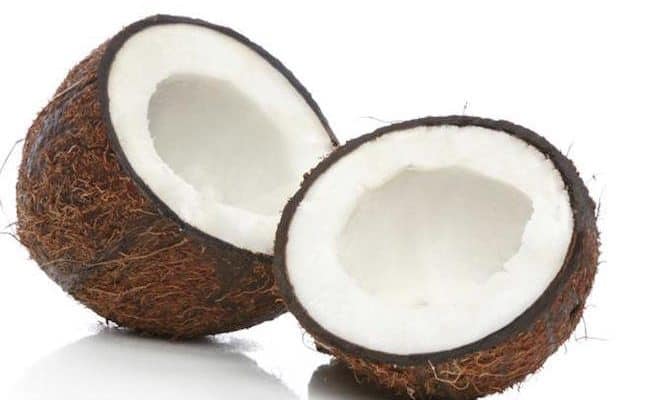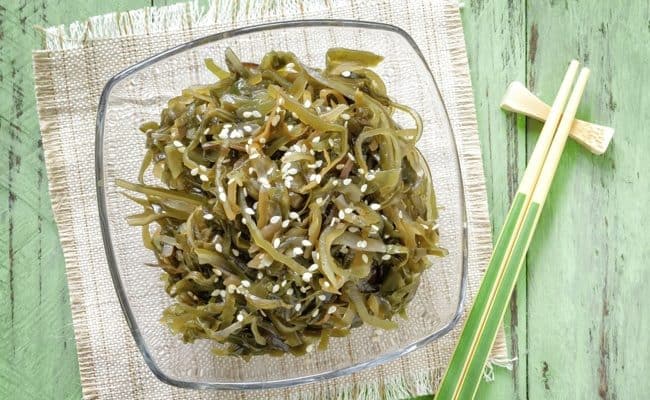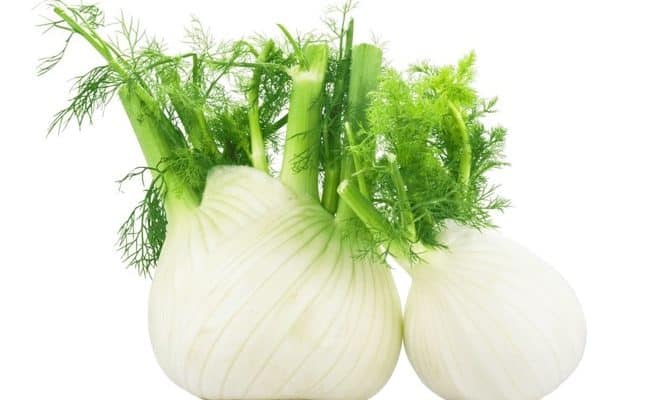
Coconut products are becoming more popular and in demand both for their nutritional qualities and taste. In fact, sales for coconut water alone are estimated to be about $400 million per year. There are many health claims associated with coconut water because it is a source of many nutrients while being low in calories. However, some health claims on coconut water labels may be a bit exaggerated.
Coconut water is source of minerals potassium, calcium, sodium and trace levels of other minerals.
Potassium, magnesium, calcium and sodium have a role in regulating fluid balance, so coconut water is often touted as a good source to turn to for rehydration especially after exercise.
However, research is lacking in evidence that coconut water does a better job of hydrating the body compared to plain water or a sports drink. Most Americans have a hard time meeting daily recommended intakes for potassium, so drinking coconut water could help reach the recommended intake.
Here is a closer look at the health benefits and claims of coconut water and considerations for drinking it.
What is coconut water?
Coconut water is the water found inside young green coconuts. In countries where coconuts are abundant, you can sip coconut water straight from the coconut. However, in most countries coconut water is harvested from the green coconuts and packaged in containers to ship around the world.
Coconut water can be found in most grocery stores in developed countries now because it is so popular.
Coconut water should not be confused with coconut milk; coconut milk is creamier and higher in fat because it is made from the white meat of the coconut. Coconut water is slightly sweet but also tastes a little salty because of the sodium content. Coconut water will taste less sweet compared to fruit juices.
Nutritional breakdown of coconut water
One cup of coconut water is about 45 calories, less than a gram of fat, 1.5 grams of protein, 9 grams of carbohydrates and 6 grams of sugar. It provides about 600 mg of potassium, 58 mg of calcium, 250 mg sodium. Coconut water is also a source of vitamin C and small amount of iron.
Most Americans do not meet the Adequate Intake (AI) level of 4.7 grams of potassium per day. Drinking coconut water can provide a rich source of potassium that can help reach AI level.
Potassium plays an important role in balancing blood pressure, and getting a high intake of potassium is associated with lowering risk of death from cardiovascular disease.
Fruits, vegetables, dairy products and meats are also good sources of protein.
Coconut water provides smaller amounts of iron, zinc and magnesium. Even though drinking coconut water can contribute to meeting the recommended intakes for these minerals too, other food sources can provide higher amounts of these minerals.
Drinking a cup of coconut water only provides about 6 grams of sugar. However, if you drink a lot of coconut water through the day the sugar content can add up.
One difference between drinking coconut water and eating a piece of fruit is the coconut water doesn’t have fiber to slow the absorption of sugar into the blood stream.
Good for hydration, but better than water or sports drinks?
Some claims around coconut water suggest it may be better than plain water or sports drinks when it comes to hydrating the body. Why would this be?
It was thought coconut water’s electrolyte content (sodium, potassium, magnesium and calcium) would benefit hydration status because fluid moves in the body based on electrolyte concentration.
Electrolytes are lost through sweat and can be lost through diarrhea. Either prolonged exercise or sickness can cause the body’s amount of electrolytes to become off balanced which can be dangerous.
Because of this, replenishing fluids with electrolytes may be beneficial during long endurance exercises. Because coconut water has electrolytes, the thought is it may be better at rehydrating the body than plain water.
According to a 2002 and 2012 study, coconut water rehydrated athletes after a dehydrating workout the same as plain water and a sports beverage. There appeared no significant benefit in terms of replenishing blood volume or electrolyte balance.
Researchers concluded coconut water can be used for replenishing fluids, but it does not appear to have a significant benefit over plain water or sports drinks according to these studies.
Coconut water and sports drinks also provide carbohydrates, which can be beneficial after long endurance activity. For exercise lasting more than a few hours, taking in extra carbohydrates can help fuel your muscles longer.
Sports drinks are usually higher in sodium compared to coconut water, which may be advantageous if someone is sweating a lot during exercise or for a long duration. Sodium is lost in higher concentrations compared to other electrolytes like potassium or calcium.
An attraction for coconut water compared to other sports drinks is that it is natural. It can be a natural source of fluid, carbohydrate, electrolytes and other minerals without added chemicals.
Sports drinks usually have artificially colors and flavors added, which is a big turn off for some people. Therefore, coconut water is a popular choice for some athletes.
May be better tolerated for some people, but not others
The taste of coconut water may be more or less appealing to people during or after exercise. The 2002 study found coconut water caused less gastric distress or bloating compared to plain water or sports drink.
However, the 2012 study found the group of people who drank the coconut water had more bloating and gastric distress compared with the plain water and sports beverage group.
When it comes to sports nutrition, everyone’s gastro-intestinal system is unique to what works or doesn’t work for them. Some people may tolerate coconut water really well during prolonged exercise, and it may cause gastric distress in other people.
This is similar to other sports nutrition products; they are almost never a one size fits all.
Health claims
Coconut water has been claimed as an aid for cancer, kidney stones, osteoporosis and curing a hangover. That’s a lot of promise for any single food. The health claims of coconut water have been tamed a bit after a manufacturer of coconut water, Vita Coco, had to pay $10 million on a law suit in 2011.
The labels on this product were claiming it had 15 times the electrolytes found in sports drinks, which is actually not really true.
Also, as seen in 2 studies, coconut water does not significantly hydrate the body more effectively than plain water or sports drinks. Unless there are research studies showing otherwise, be wary of claims on coconut water saying it rehydrates the body better than water.
Is it all hype or is it good for you?
Coconut water is not just hype, it can be considered good for you. It is a source of potassium, which many Americans fall short of getting the recommended daily dose. There is also health benefits associated with a diet high in potassium. Coconut water also contains trace amounts of other nutrients such as magnesium, calcium, iron and vitamin C.
Coconut water can be a refreshing way to rehydrate your body, but it doesn’t appear to be advantageous over plain water or sports drinks. What may be beneficial is that it is natural and doesn’t contain artificial colors or other chemicals like other sports drinks. Another way it differs from sports drinks is it doesn’t have as much sodium as other sports drinks. This is probably a good thing if you’re just sipping on it through the day, but if you’re relying on it to replenish your sodium needs from prolonged exercise or extensive sweating it may not have optimal sodium amounts.
As with anything else in nutrition, coconut water doesn’t have to be taken to extreme intakes to get more benefit. For example, even though it’s a good source of potassium, so are all other fruits and vegetables.
It also has 6 grams of sugar per cup, which can be a significant source of extra sugar in the diet if you drink a lot of it through the day. Coconut water is different than eating a whole piece of fruit because it doesn’t have the fiber to slow down the absorption of sugar into the blood stream.
Some people love the taste of coconut water, and some people can’t get used to it. Two studies looking at the effects of coconut water, plain water and sports drinks had two different results in terms of how coconut water affected people’s digestive tracts. One study found coconut water was really well tolerated, the other study found that coconut water had more complaints of gastric distress.
As with anything, be wary if there are health claims associated with coconut water as being a cure all for any disease or other health condition, but know that it is a source of many different nutrients.
References used in this article










